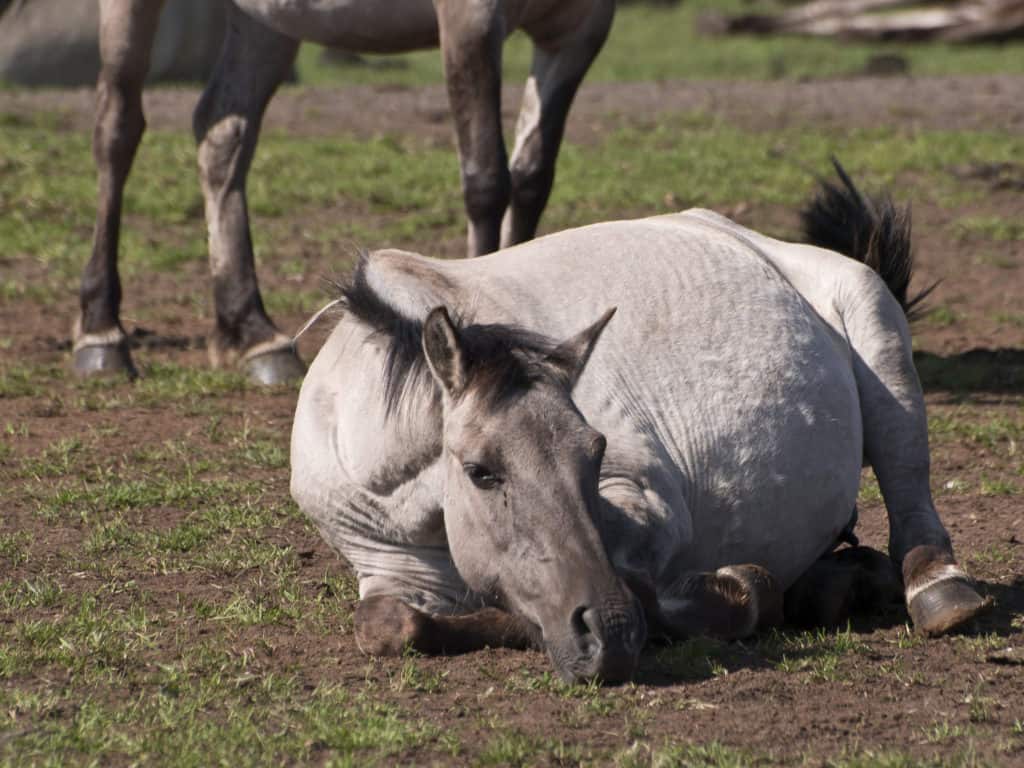
Respiratory Viruses and Performance Horse Health
Respiratory viruses affect more horses than you might think, raising important questions for veterinarians and owners about diagnosis, management, and performance.

Respiratory viruses affect more horses than you might think, raising important questions for veterinarians and owners about diagnosis, management, and performance.

Even subtle breathing issues can cause low oxygen levels, early fatigue, and poor performance in equine athletes.

Researchers found ciclesonide is effective when treating young racehorses with moderate equine asthma over a short period of time.

Testing asymptomatic horses for EHV-1 at equestrian events is crucial for early detection and preventing potential outbreaks.

A modified borescope might be a more accessible way for equine veterinarians to perform endoscopic exams in working donkeys.

Researchers discovered that a significant percentage of cart donkeys might have reduced tracheal function, while pack donkeys do not.

Many conditions besides colic can cause coliclike signs. And with colic, delayed treatment or misdiagnosis can have serious consequences. Here’s what you need to know.

Take a few simple precautions and management approaches to help your horse weather winter safely.

All week long, learn about what affects a horse’s respiratory health and how you might be able to influence it. Brought to you by Sweet PDZ.

Horses with asthma have more nerves in their airways than unaffected horses. Researchers believe these new findings could lead to improved equine asthma treatments.

Correct diagnosis of equine asthma is crucial to finding a treatment that works for your horse.

Veterinarians must consider certain factors when performing diagnostics to identify the source of respiratory disease.

If your horse is living in an area with poor air quality, he might benefit from wet or steamed hay and omega-3 supplementation.

Discover what researchers are learning about the microbiota’s role in the horse’s digestive system, respiratory tract, skin, and more.

Commonly known as “heaves,” equine asthma is a serious condition that requires proper diagnosis, management, and often treatment.

Veterinary intervention can make itchy horses more comfortable and keep allergies under control. Sponsored by Kinetic Vet.
Stay on top of the most recent Horse Health news with
"*" indicates required fields